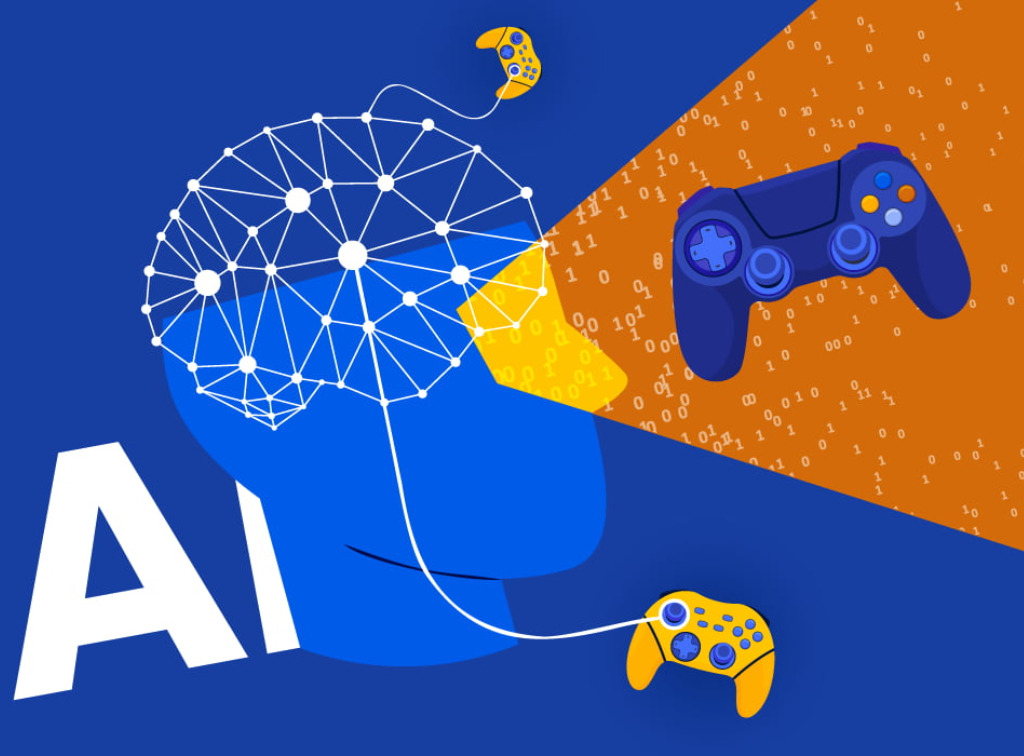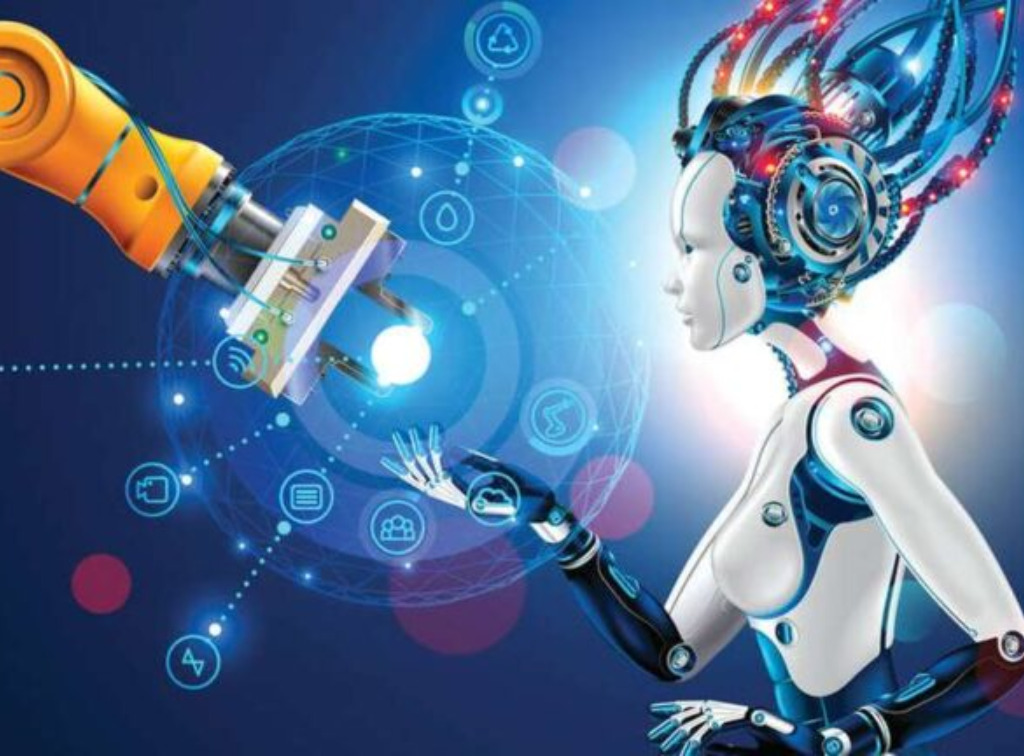In our increasingly digital world, artificial intelligence (AI) is now reshaping various industries, promising transformational progress and new possibilities. Among these, the gaming industry is undoubtedly an exciting field for AI innovations. From creating high-definition virtual worlds to developing sophisticated NPCs (non-player characters), the use of AI in game development is expanding rapidly. This article delves into the potential of generative AI — one of the innovative AI-based approaches — and its revolutionary impact on game development.

Harnessing the Power of Generative AI in Game Development
Generative AI goes beyond traditional AI techniques and advances the gaming industry by automating content creation. Games such as No Man’s Sky relied heavily on generative algorithms to create diverse, endlessly explorable planets; Minecraft uses it to generate ever-changing worlds made of blocks. Such procedural content generation allows developers to create larger and more complex in-game environments and elements with less effort.
Generative AI also impacts game development by introducing dynamic narratives and plotlines, which enhance the player’s gaming experience significantly. By leveraging machine learning models, developers can now create games where the storyline unfolds dynamically based on player’s choices. Additionally, generative AI can create immersive, dialogue-based interactions with NPCs, providing a more realistic and engaging gaming experience.
Moreover, AI can generate custom missions or levels based on individual player’s performance and preferences, hence making the gaming experience more personalized. Such customization enhances the replay value of a game, as it provides more varied and unpredictable challenges. Seemingly mundane aspects like item positioning or enemy placement can be diversified using generative AI, avoiding repetitive gameplay and keeping players engaged.
Generative AI tools are also critical to game testing and balancing. AI can play through levels thousands of times at incredible speeds, allowing programmers to find bugs or undesired behaviours much faster. Similarly, AI algorithms can calculate the balance of a game, recommending changes to various parameters to ensure fairness and enjoyable gameplay.
Lastly, Generative AI opens new vistas for artistic expression within games. AI algorithms can assist in creating intricate assets such as textures, sculptures, or models, reducing the time and efforts in crafting every detail manually. Additionally, AI can generate unique music or sound effects, complementing the game’s visual aesthetics and enhancing the players’ immersion.

Driving the Creative Revolution: AI in Modern Gaming
Artificial Intelligence has ushered in a new era in modern gaming. Generative AI is not only freeing up resources and simplifying complex tasks, but it is also opening up radical new possibilities for creativity. Developers can push the boundaries of traditional gaming scenarios and construct dynamic narratives and highly personalized experiences, making each game session unique and truly engaging.
AI’s role in modern gaming is also becoming increasingly interactive. Generative AI can leverage reinforcement learning to create adaptive opponents capable of learning and reacting to the player’s strategies. This promises a more challenging, unpredictable gaming experience, as the AI evolves alongside the player’s skill set.
The increasing sophistication of generative AI is paving the way for ‘living games,’ wherein the game evolves and adapts incrementally over time. By gauging player feedback and analysing in-game data, developers can fine-tune the gameplay continually, keeping it fresh and interesting. AI can create a gaming environment that grows organically, reflecting the collective effect of each players’ actions, thus promoting enriched player engagement and sense of community.
Artificial intelligence also promotes co-creation. Google’s DeepDream, for instance, enhances digital art by extrapolating and layering patterns over existing artwork. Similar techniques have been employed in gaming, where players can create content in collaboration with AI, furthering the player’s connection to the game and their sense of creative contribution.
Additionally, AI advancements are enabling more remarkable feats in gaming, like believable emotional expressions in NPCs, remarkable voice acting using text-to-speech AI, and realistic physics simulation. These subtle but powerful enhancements, powered by AI, unlock unprecedented levels of immersion and realism in gaming.
Lastly, Generative AI is increasingly shaping the business model of gaming. From targeted in-game ads to dynamic pricing models, AI-driven analytics is revolutionizing the way developers monetize their games. AI can analyze player behaviour, preferences, and purchasing patterns to provide tailored offers or recommendations, thus driving revenue growth while enhancing the player experience.
To conclude, Generative AI is playing a progressively influential role in advancing game development. From creating immersive and adaptive narratives to personalized gaming experiences, AI is revolutionizing the way developers conceive and construct games. The ongoing advancements in AI are not only enriching the gaming experience but are also broadening the creative horizons in this industry. It is evident that with AI leading the way, the future of game development is bound to be incredible, innovative, and truly engaging. It’s time to herald a new era of creativity and exploration in gaming.
Ainu Token aims to offer impartial and trustworthy information on cryptocurrency, finance, trading, and shares. However, we don't provide financial advice and recommend users to conduct their own studies and thorough checks.



Comments (No)